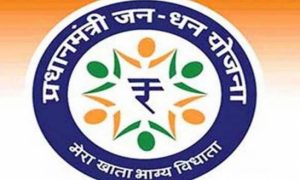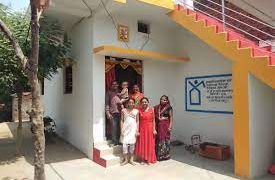If you are travelling to India, especially from “at-risk” nations, then here’s everything you need to know about Covid test, quarantine norms and more.
New Delhi: As the fear of Omicron variant of coronavirus grips nations across the globe, the Indian government has updated travel guidelines for international flyers. If you are travelling to India, especially from “at-risk” nations, then here’s everything you need to know about Covid test, quarantine norms and more. Scroll down for more details.
RT-PCR Test, Quarantine Norms And More: 9 Key Points to Know Before Arriving in India From Abroad
- According to the updated list, South Africa, Brazil, Zimbabwe, China, Botswana, Israel, the UK, New Zealand, Brazil, Israel, Hong Kong and Zimbabwe are designated as “at-risk” nations.
- All foreign flyers arriving in India must mandatorily upload a Covid-19 negative RT-PCR report conducted 72 hours before departure on the Air Suvidha portal.
- The self-declaration form on the Air Suvidha portal will require you to mention your travel history for the past 14 days.
- Meanwhile travellers arriving from countries other than “at-risk” nations can self-quarantine for 14 days post-arrival.
- Notably, around five per cent of travellers may have to undergo random testing at the airport on arrival in India.
- Travellers transiting or originating from at-risk nations must under RT-PCR tests post-arrival. They must await their results at the airport before taking a connecting flight or leaving.
- If they test negative, they can undergo home quarantine for 7 days.
- Subsequently, they should again take a re-test on the 8th day of staying in India. If result comes out as negative, they must further self-quarantine for the next 7 days.
- In case passengers from at-risk countries test Covid positive on arrival in India, their samples will be sent to the laboratory for genomic testing. Note that such passengers will be shifted to an isolation facility and treated as per the standard protocols.
Meanwhile the contacts of these Covid-19 positive patients will be kept under home or institutional quarantine and monitored strictly as per the state government guidelines
Source :





































